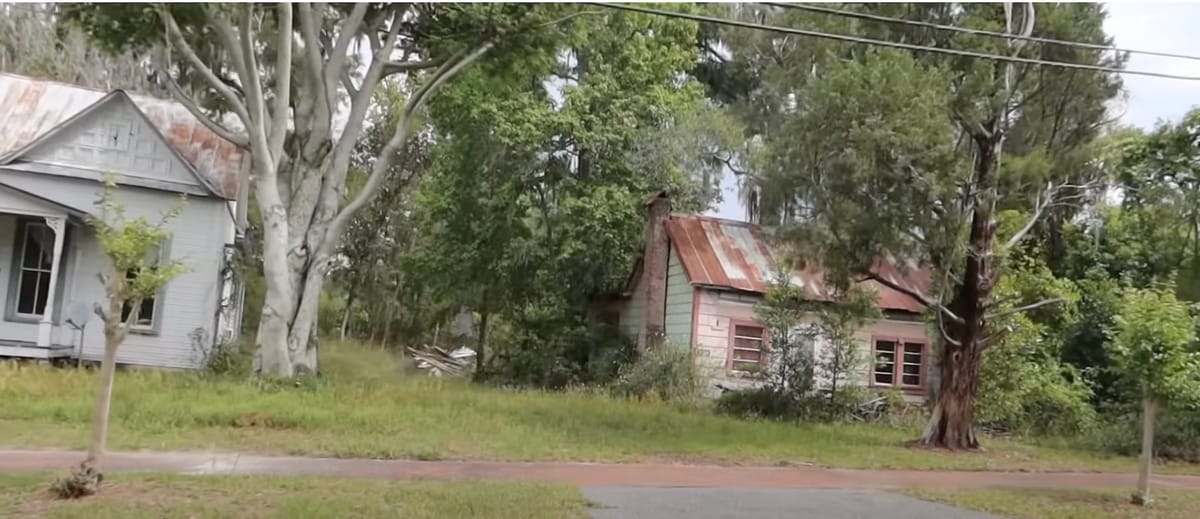
Digital Inclusion
When available, fewer eligible rural households took advantage of it than eligible urban households.


February 22, 2024 – During the time period that the Affordable Connectivity Program was open for subscribers, far fewer eligible rural households took advantage of it than eligible urban households, according to a study by the Daily Yonder.
The ACP, a program launched by the FCC in December 2021, grants $30/month broadband subsidies to low-income households and $75/month to households on tribal land.
Proponents of the ACP argue the program has sparked broadband expansion into rural areas. Absent an infusion of cash by the federal government, the ACP will likely expire in April 2024.
Only 37 percent of eligible rural households signed up for ACP compared to 53 percent of eligible households in urban metropolitan areas as of December 2023, according to an analysis of the ACP Enrollment and Claims Tracker conducted by the Daily Yonder.
The Daily Yonder compared the locations of enrollee signups with whether the location was metropolitan, suburban or rural.
Moreover, 47 percent of eligible households in the suburbs of those major metropolitan areas enrolled in the ACP, per the report. The Daily Yonder also finds that 3.2 million eligible rural households enrolled in the program.
Brian Whitacre, an economist who specializes in rural areas, says that a number of economic and social barriers prevent rural communities from taking full advantage of the ACP.
“Factors like very low incomes, lack of labor force participation, and some sociodemographic factors are all strongly positively related with ACP adoption,” Whitacre said to North Carolina Health News.
Benton Institute Senior Fellow John Horrigan argued in a report. that rural people simply live too far from community gathering spaces such as libraries which serve as natural enrollment hubs for government programs. Horrigan also argued that people in sparsely populated areas are less likely to learn from their peers about government programs they may be eligible for.
“Distance is a penalty,” Horrigan said, “in that people are farther away from public libraries and other anchor institutions that may facilitate ACP enrollment. Word-of-mouth about the program from trusted neighbors may have less impact with fewer people nearby.”
Moreover, the FCC started the Outreach Grants effort in 2023 to boost enrollment of eligible households. However, enough time has not passed in order to assess the impact of this effort. Furthermore, a 2023 study suggests that rural communities may feel stigmatized by enrolling in the program, causing them to refuse to participate.
As the ACP continues to barrel towards its likely demise, advocates for rural broadband are scrambling for solutions. Experts suggest that the ending of the ACP will cause a downfall in rural connectivity, negatively affecting access to healthcare and employment.
